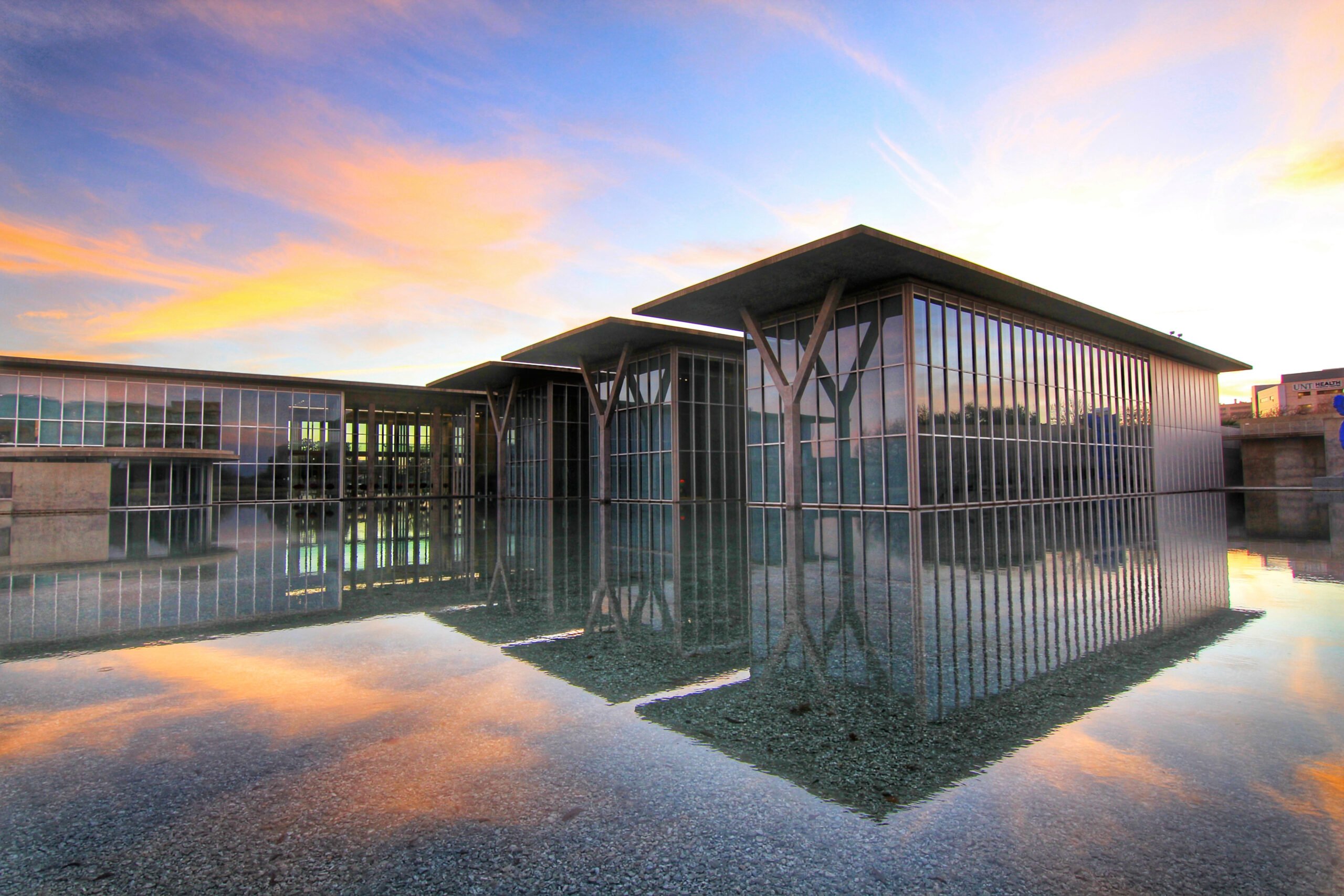ustxtxb_obs_1989_09_29_50_00018-00000_000.pdf
Page 26
BOOKS & THE CULTURE All For The Right Thing Where are those Critics who suggested that Spike Lee’s Film Would Encourage Black Violence? BY MICHAEL KING DO THE RIGHT THING Produced, Written and Directed by Spike Lee DO THE RIGHT THING By Spike Lee with Lisa Jones New York: Simon & Schuster, 1989 AT ITS FIRST release, early this summer, Spike Lee’s latest was met with dire lamentations and predictions, mostly devoted to the effect the film might have on armies of inner-city black youth, who presumably require only an inflammatory film to send them roaring out of the theaters to wreak havoc \(on white Cannes, although the film had its partisans, the nervous reaction may have cost it the Palme D’Or, and upon its American release some critics attacked it savagely, claiming it advocated violence, was racist, and was insufficiently dismal in its portrayal of an inner-city neighborhood. Most of those writing were white, but the single most venomous piece I saw was by black critic Stanley Crouch in The Village Voice he dismissed Lee as essentially a cryptofascist, and compared him to mass murderer John Wayne Gacy. \(It is an extreme understatement to say Crouch should be ashamed of himself, and that there must have been something else at work here than Indeed, the film generated so much controversy that after a time, Lee himself finally called his own halt: “I’ve said everything there is to say about this movie, and I have to get back to work.” As I write it is now mid-September, and so far as I know there have been no urban riots to be laid at the feet of Spike Lee and no apologies forthcoming from his critics, either. There has been, however, another prominent murder of a young black man in New York City, this time by Italian Michael King is a freelance writer living in Houston. youths in Bensonhurst which just happens to be the home of the Italian family \(whose Do the Right Thing. It is not likely to have given Spike Lee much comfort that his film was virtually prescient on this score. The initial genesis of Do the Right Thing was the Howard Beach incident, in which another African American died at the hands of Italian white boys. There has been another prominent murder of a young black man by Italian Americans in Bensonhurst. Amid all these swirling headlines, the film itself threatened to get lost. Lee’s third feature is his most ambitious and best film \(and the others, She’s Gotta Have It and School Daze, recounting a day and night in the life of a single block, in a largely black neighborthe hottest day of the year. The combination of heat and racial tension is its central motif, and the action is centered in Sal’s Famous Sal’s delivery boy. Mookie’s movements introduce the whole block, and his pivotal character is the catalyst for the climactic riot which destroys the pizzeria, in vengeance for the murder by police of a young black man they have come to arrest. That abrupt summary, like the controversy that has amplified the film’s central subject, fails to suggest how much nuance and texture Lee has built into this and all his films. He works in a highly personal style that is a combination of affectionately comic realism and unapologetically “filmic” gestures each film, for example, contains segments in which characters speak, even preach, directly to the camera and he has concentrated on material that seems so close to his heart that it virtually flows out of the projector like a personal journal. Reading his books on the projects or “joints” as he calls them exaggerates this effect, for these journals cum screenplays make it abundantly clear that film is a public art, and an art of process. A reader can watch Lee fighting to find support for the film while the script itself is barely in treatment form, and can watch his ideas for the film change in response to his reading, or to casting ideas, or to the exhausting and belabored process of trying to find a studio to underwrite production. It is clear, for example, that the film’s controversial ending frightened the studios early on, and that Lee lost at least one deal heads were afraid that it constituted an incitement to riot, or as . Lee puts it, “They are convinced that Black people will come out of the theaters wanting to burn shit down.” \(The scale of ignorance represented here, about both African Americans and film audiences, is simultaneously appalling the ending as it is represented here in the original script eliminating its explicit reference to Howard Beach and a cry for “an eye for an eye” but the riot as written and as filmed is a long way from an incitement to anything but an end to racial hatred black and white. It is racism that murders Radio Raheem, it is racism that destroys Sal’s Pizzeria, it is racism that hangs like a terrible malaria over America’s cities, that builds its fortress skyscrapers, its segregating superhighways, its dungeon ghettoes. And since Spike Lee is one of the very few American filmmakers who is even interested in confronting racism head-on, it is no wonder that his work is received with such desperate hysteria. 18 SEPTEMBER 29, 1989


